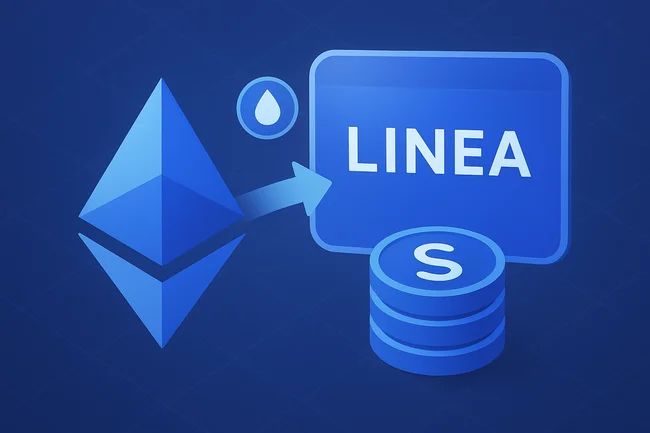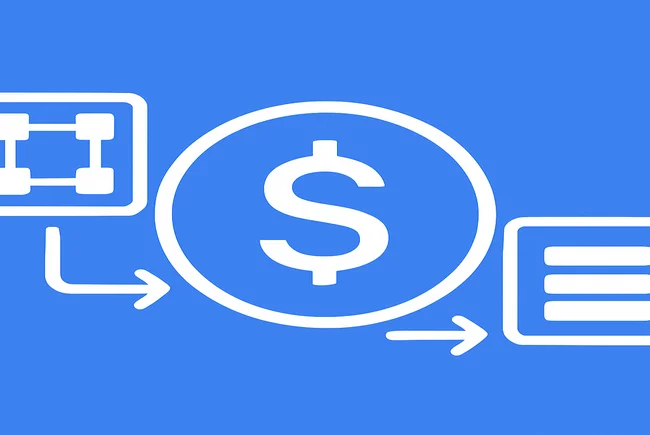Unvesting refers to the process in which previously allocated tokens or coins become unavailable to the holder. This typically occurs as part of a vesting schedule, where tokens are gradually made accessible over a set period.When a project launches, it may allocate tokens to founders, developers, or early investors. To ensure that these parties do not sell their tokens immediately, a vesting schedule is put in place. For example, tokens may be released gradually over several months or years.Unvesting can happen for various reasons. It might be based on reaching certain milestones, the passage of time, or specific conditions outlined in a smart contract. Until the vesting period ends, the tokens remain “unvested,” meaning the owner cannot use, trade, or sell them.Understanding unvesting is crucial for investors, as it affects token supply and can influence market dynamics. If large amounts of tokens become vested at once, it can lead to price volatility as holders may choose to sell their newly available assets.
Aave Labs Acquires Stable Finance to Expand Consumer DeFi Products
Aave Labs has acquired Stable Finance, a San Francisco-based fintech company focused on stablecoin savings, in a move to strengthen



